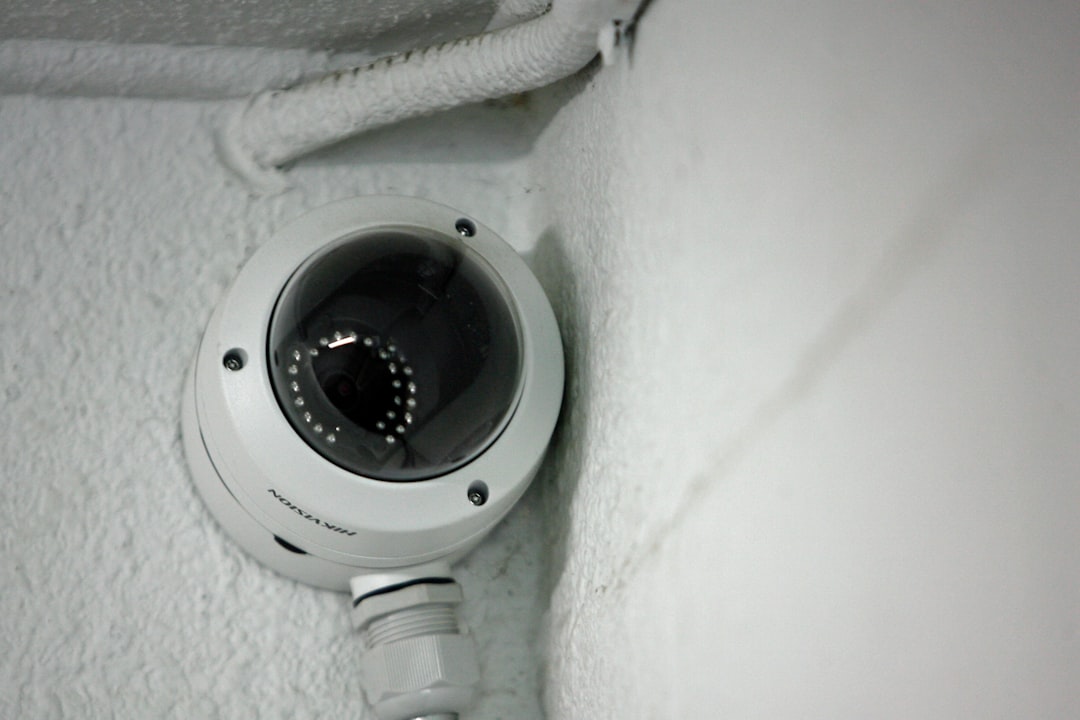Stress and anxiety are common experiences for many people. In today’s fast-paced, high-pressure world, it can be challenging to manage these feelings on a daily basis. However, by developing healthy coping strategies, you can effectively manage stress and anxiety and improve your overall well-being.
Below are some tips on how to manage stress and anxiety in your daily life:
1. Identify the source of your stress: Identify the source of your stress and anxiety and try to find ways to manage it. This could be anything from work-related stress to personal issues.
2. Prioritize self-care: Make time for yourself each day to engage in activities that help you relax and unwind. This could be as simple as taking a bubble bath, reading a book, or going for a walk in nature.
3. Practice relaxation techniques: Yoga, deep breathing exercises, and meditation are effective tools for managing stress and anxiety. These practices can help you focus on the present moment and calm your mind.
4. Environment: Try to create a peaceful environment at home and work. Ensure that your surroundings are clean and organized, and remove anything that may cause distraction.
5. Get enough sleep: Sleep is essential for physical and mental health. Make sure to get adequate sleep each night to help reduce stress and anxiety.
6. Avoid toxic people and situations: If a person or situation is causing stress or anxiety, it is best to avoid it. This could mean saying no to certain invitations or cutting ties with toxic people in your life.
7. Stay connected: Building and maintaining strong relationships with friends and family is vital for your mental health. Reach out to loved ones regularly, whether through phone calls, text messages, or in-person visits.
8. Exercise regularly: Exercise is a great way to reduce stress and anxiety. It releases endorphins, which are natural mood boosters, and can help improve your physical health as well.
9. Practice Time management: One of the significant causes of stress and anxiety is lack of time management. Avoid procrastination and organize your workload by prioritizing tasks based on deadlines and importance.
10. Seek Professional Help: If your stress and anxiety are significantly affecting your mental and physical health, it may be time to seek professional help. A therapist or counselor can help you learn coping strategies and work through any underlying issues.
In conclusion, managing stress and anxiety is about finding what works best for you. Taking small steps each day to prioritize self-care, practicing relaxation techniques and time management, and avoiding toxic people and situations can help you to live a more happy and productive life. Remember that you’re not alone, and it’s okay to ask for help if you need it.









